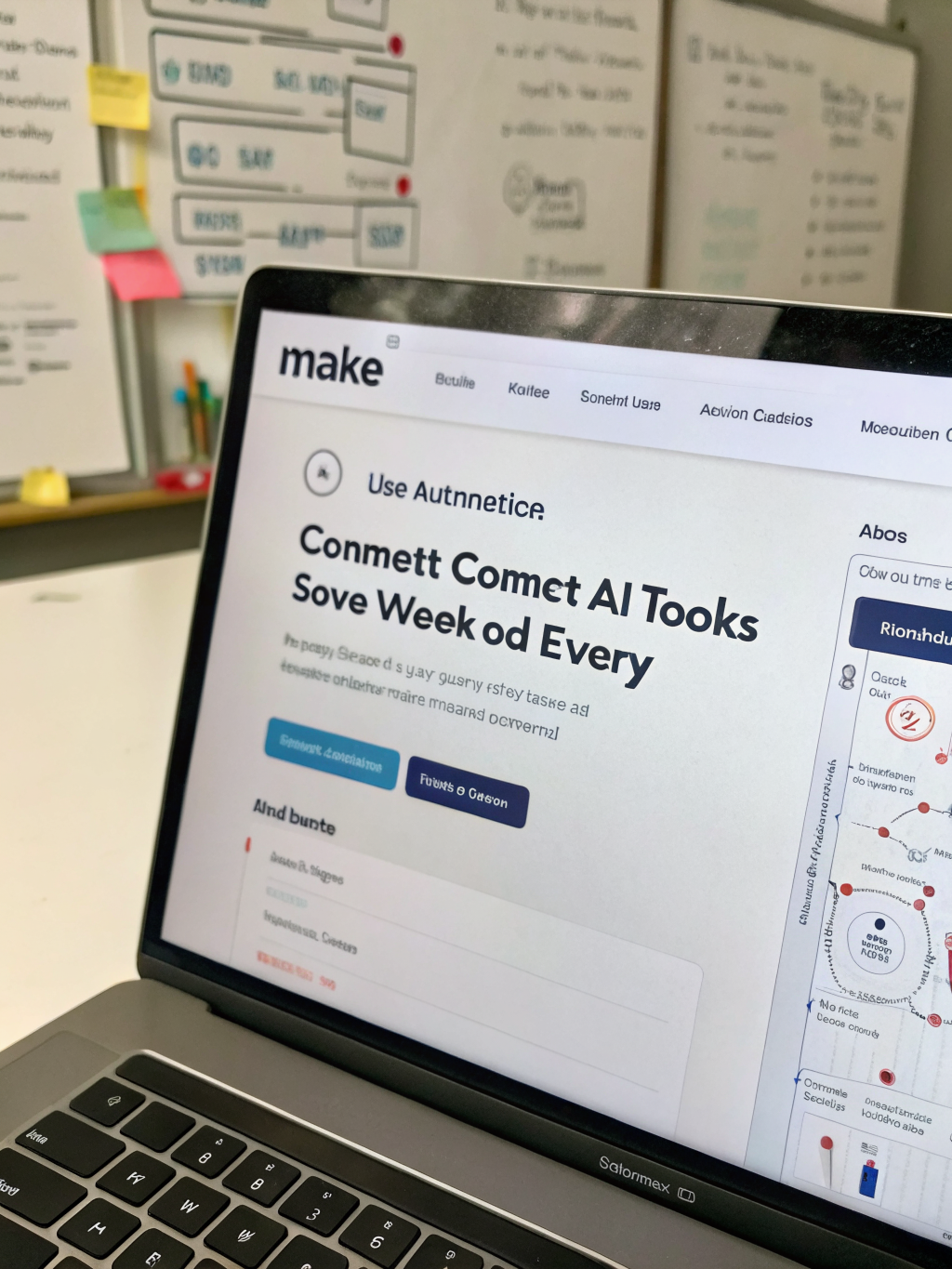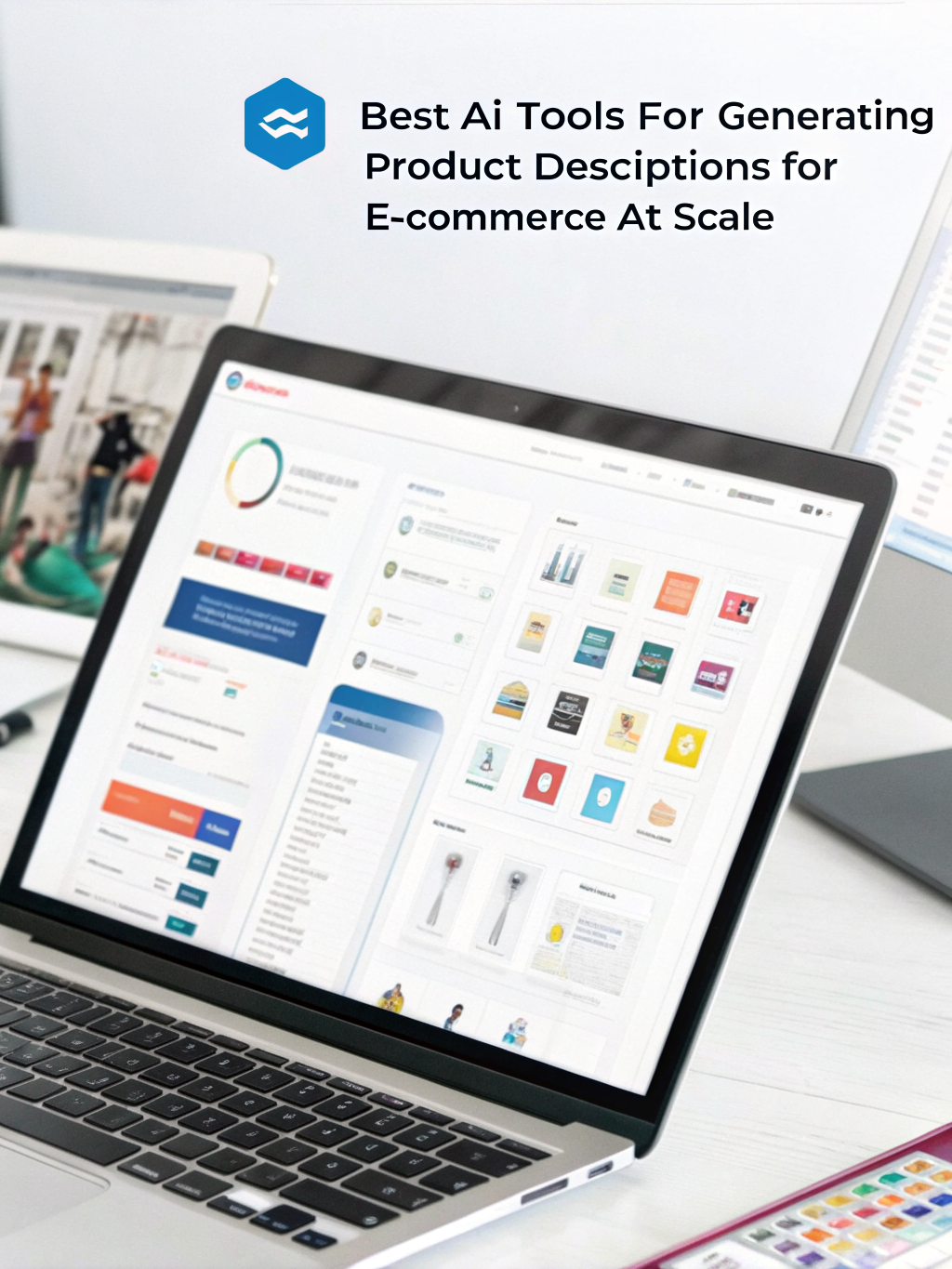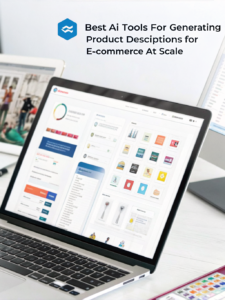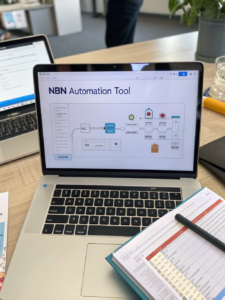Beyond Cryptocurrency: How Blockchain is Revolutionizing Supply Chain Management
How Blockchain is Revolutionizing Supply Chains: A Deep Dive into the Future The world of logistics is undergoing a seismic shift, and at the epicenter of this transformation lies blockchain disruption supply chain management. For years, supply chains have been plagued by inefficiencies, lack of transparency, and vulnerabilities to fraud. But with the rise of decentralized technologies, a new era of trust and efficiency is dawning. This blog post explores how blockchain disruption supply chain management is reshaping industries, creating smarter, more resilient, and ultimately more profitable supply chains. We'll delve into the key benefits, real-world applications, and the challenges that lie ahead as this powerful technology matures. Plus, we’ll touch on how this innovation connects with broader trends in cryptocurrency markets, AI agents, and alternative investment strategies, painting a comprehensive picture of the future of business. The Core Problems with Traditional Supply Chains Before we dive into the solutions offered by blockchain, it’s important to understand the challenges that traditional supply chains face. These problems create bottlenecks, increase costs, and compromise product integrity: Lack of Transparency: It’s often difficult to track goods as they move through the supply chain. This opacity makes it challenging to identify the source of problems like delays or damage. Counterfeit Goods: The global supply chain is a prime target for counterfeiters, leading to financial losses and potential health risks. Inefficiency & Delays: Manual processes, paperwork, and fragmented communication lead to delays and increased operational costs. Vulnerability to Fraud: Centralized databases are susceptible to tampering, making them vulnerable to fraud and data breaches. Complex Compliance: Meeting regulatory requirements across multiple jurisdictions presents a significant challenge. Limited Traceability Knowing the entire journey of a product, from origin to consumer, is often impossible. Blockchain: The Key to Unlocking Supply Chain Efficiency Blockchain technology offers a powerful solution to many of these pain points. At its core, a blockchain is a distributed, immutable ledger. This means that transaction data is securely recorded and cannot be altered, providing a high level of trust and transparency. Here's how supply chain blockchain is transforming operations: Enhanced Traceability: Blockchain creates a permanent record of every transaction, enabling businesses to track goods in real-time from origin to consumer. This is crucial for verifying authenticity and identifying the source of any issues. Companies like Walmart are leveraging supply chain blockchain to track the origin of mangoes, significantly reducing the time it takes to trace contaminated produce. Improved Transparency: All stakeholders in the supply chain can access the same information, fostering trust and collaboration. This transparency builds accountability and reduces the risk of fraud. Increased Security: The decentralized nature of blockchain makes it highly resistant to hacking and data breaches. Automated Processes: Smart contracts can automate processes like payments and inventory management, reducing manual effort and minimizing errors. Real-World Applications of Blockchain in Supply Chains The application of supply chain blockchain is expanding rapidly across various industries: Food & Beverage: Traceability of ingredients, ensuring food safety, and combating food fraud. Companies like Carrefour are using blockchain to trace products like chicken and eggs. Pharmaceuticals: Preventing counterfeit drugs and ensuring the integrity of the supply chain. Luxury Goods: Verifying the authenticity of high-value items, combating counterfeiting, and protecting brand reputation. Retail: Tracking inventory, streamlining logistics, and improving customer satisfaction. Shipping & Logistics: Optimizing routes, reducing delays, and improving visibility. Companies like Maersk are pioneers in using blockchain for global shipping. Beyond Supply Chains: The Broader Implications The rise of blockchain isn't isolated to supply chain management. It’s intertwined with several other powerful trends: Cryptocurrency Markets: Blockchain is the underlying technology for cryptocurrencies like Bitcoin and Ethereum. The growth of cryptocurrency has spurred innovation in blockchain applications, including supply chain finance and digital identity management. AI Agents & Automation: AI can enhance blockchain applications by automating processes, analyzing data, and providing real-time insights. AI agents can monitor supply chain data, identify potential disruptions, and recommend proactive measures. Stock Investments & Alternative Investments: Blockchain-based tokens and NFTs are creating new investment opportunities. Investors are exploring the potential of decentralized finance (DeFi) to gain access to alternative investment strategies. Decentralized Finance (DeFi): DeFi platforms are built on blockchain, offering financial services like lending, borrowing, and trading without intermediaries. Navigating the Challenges & Future Outlook While the potential of blockchain in supply chains is immense, there are still challenges to overcome. Scalability, standardization, and regulatory uncertainty are key hurdles. Interoperability between different blockchain platforms is another area that needs improvement. However, the momentum is undeniable. As blockchain technology matures and adoption increases, we can expect to see even more innovative applications emerge. Blockchain disruption supply chain management is not just a trend; it's a fundamental shift in how goods are tracked and traded. Feature Traditional Supply Chain Blockchain-Enabled Supply Chain Transparency Limited, often opaque High, real-time visibility Traceability Difficult, prone to errors Enhanced, immutable record Security Vulnerable to fraud Highly secure, tamper-proof Efficiency Manual processes, delays Automated processes, streamlined communication Trust Relies on intermediaries Decentralized, trustless system Ready to Embrace the Future? Blockchain disruption supply chain management is creating a more transparent, secure, and efficient global economy. It’s an exciting time for businesses looking to optimize their operations and gain a competitive edge. What are your thoughts on the future of blockchain in supply chains? Share your insights and questions in the comments below! And don't forget to share this post with your network. Want to learn more about how blockchain can benefit your business? Explore our blockchain solutions or contact our team. WordPress Ready Format: “`html How Blockchain is Revolutionizing Supply Chains: A Deep Dive into the Future The world of logistics is undergoing a seismic shift, and at the epicenter of this transformation lies blockchain disruption supply chain management. For years, supply chains have been plagued by inefficiencies, lack of transparency, and vulnerabilities to fraud. But with the rise of decentralized technologies, a new era of trust and efficiency is dawning. This blog post explores how blockchain disruption supply chain management is reshaping industries, creating smarter, more resilient, and ultimately more profitable supply chains. We’ll delve into the key benefits, real-world applications, and the challenges that lie ahead as this powerful technology matures. Plus, we’ll touch on how this innovation connects with broader trends in cryptocurrency markets, AI agents, and alternative investment strategies, painting a comprehensive picture of the future of business. The Core Problems with Traditional Supply Chains Before we dive into the solutions offered by blockchain, it’s important to understand the challenges that traditional supply chains face. These problems create bottlenecks, increase costs, and compromise product integrity: Lack of Transparency: It’s often difficult to track goods as they move through the supply chain. This opacity makes it challenging to identify the source of problems like delays or damage. Counterfeit Goods: The global supply chain is a prime target for counterfeiters, leading to financial losses and potential health risks. Inefficiency & Delays: Manual processes, paperwork, and fragmented communication lead to delays and increased operational costs. Vulnerability to Fraud: Centralized databases are susceptible to tampering, making them vulnerable to fraud and data breaches. Complex Compliance: Meeting regulatory requirements across multiple jurisdictions presents a significant challenge. Limited Traceability Knowing the entire journey of a product, from origin to consumer, is often impossible. Blockchain: The Key to Unlocking Supply Chain Efficiency Blockchain technology offers a powerful solution to many of these pain points. At its core, a blockchain is a distributed, immutable ledger. This means that transaction data is securely recorded and cannot be altered, providing a high level of trust and transparency. Here’s how supply chain blockchain is transforming operations: Enhanced Traceability: Blockchain creates a permanent record of every transaction, enabling businesses to track goods in real-time from origin to consumer. This is crucial for verifying authenticity and identifying the source of any issues. Companies like Walmart are leveraging supply chain blockchain to track the origin of mangoes, significantly reducing the time it takes to trace contaminated produce. Improved Transparency: All
Share this content:














Post Comment